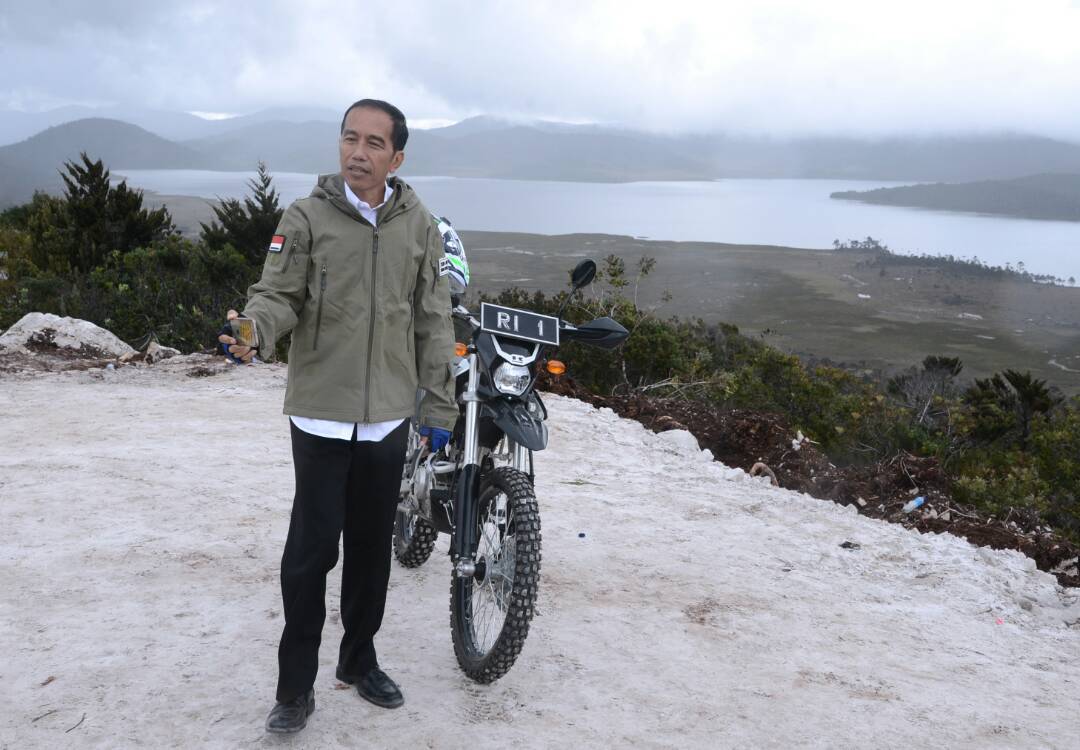Indonesia’s economy expanded slower than economists estimated in the second quarter of 2017 as public spending fell.
Highlights of the GDP Report Gross domestic product rose 5.01 percent from a year earlier, according to data released by the statistics bureau in Jakarta on Monday; economists predicted growth of 5.08 percent First-quarter growth was 5.01 percent, previously reported data show GDP rose 4 percent from the previous three months; economists expected 4.07 percent gain
Big Picture
President Joko Widodo has undertaken a major infrastructure program to bolster an economy that’s growing slower than neighbors including the Philippines and Malaysia. But a budget deficit approaching the 3 percent legal limit has forced the state to curb expenditures.
While the government has revised its 2017 growth forecast up a notch to 5.2 percent, Southeast Asia’s biggest economy is still falling short of the 7 percent Widodo targeted when he came into office almost three years ago. Bank Indonesia signaled Friday it may return to an easing bias to support economic growth after cutting rates six times last year. The central bank recently loosened rules on the amount of money banks must hold in reserves.
Economist Takeaways
There’s yet to be a "significant acceleration" in Indonesia’s economic growth and unlikely to be much improvement in the second half of the year, said Gundy Cahyadi, an economist at DBS Group Holdings Ltd. in Singapore. “The recovery is on-going, just at a slower pace than we have previously expected," he said, adding that it would have implications for Bank Indonesia’s policy stance for the rest of the year. “Looking ahead, we see little prospects of a sustained recovery,” said Gareth Leather at Capital Economics Ltd. in London. "The prices of Indonesia’s main commodity exports –- namely coal and palm oil -– have dropped a bit since the start of the year. Our forecast is for these commodity prices to ease further over the coming months, which suggests the recovery in export values will start to tail off."
Other Details
Government spending fell 1.9 percent compared to the same quarter last year Investment rose 5.35 percent compared to the same quarter a year earlier The construction sector grew 6.96 percent compared to a year earlier and 2.5 percent over the second quarter. - Bloomberg
